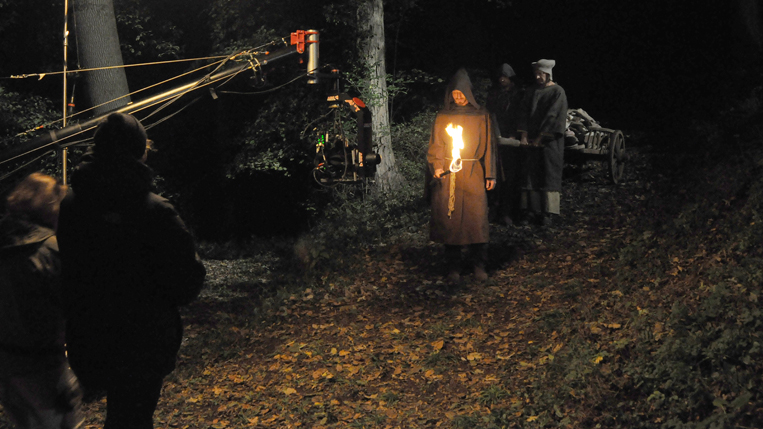

This is an unknown world. Yet it seems strangely familiar: Deep canyons and cracks scar the landscape, imposing mountain ranges tower over scorched plains, moist jungles and acidic lakes hide creatures unknown to most – ferocious predators, grazing vegetarians, cunning quick-change artists. But this alien planet is not from outer space. This planet is you. 90 Percent of the cells in our body are not of human origin. Every one of us is a walking web of life, an incredibly diverse network of ecosystems. At any given moment we are the human habitat for 100 trillion organisms, almost all of them hidden from the naked eye. On two square meters of skin covering us there are more creatures than humans living on the whole of planet earth. You constantly play host to microbes capable of paralyzing, poisoning, starving, suffocating and bleeding you to death. There is an unstoppable war going on inside us. Still most of the time we wouldn’t notice it. Harmful and beneficial life forms keep each other in check – a delicate state of balance we usually refer to as health. But the smallest change in this balance of powers can have dramatic effects: Bacteria weighing 0,00000000000001 grams can kill a 100.000 gram human. Bedbugs, fleas, lice and ticks are among the few visible inhabitants of Planet Human. And what’s worse they make us feel their presence. When they drill through the outer layers of our skin they inject itchy anticoagulants, infectious bacteria and sometimes deadly blood parasites. Using the latest developments in electron microscopy we are now able to show the fascinating behavior and biology of these tiny creatures. Some of them even influenced human history on a huge scale. Insect borne diseases like typhus and bubonic plague have determined the fate of empires and human societies. But even if we are lucky enough to avoid the most gruesome of parasitic creatures there is still a lot of extraterrestrial life on Planet Human. An awful lot. The average human plays host to four pounds of alien creatures that inhabit every nook and cranny of our body. Four pounds, that’s more than the weight of our brain! And it’s equally important for our survival. When scientists recently examined the biodiversity within us they found more than 1000 different species of bacteria, dozens of them previously unknown. Most of the creatures colonizing the human planet prove beneficial at keeping us healthy. They break up or synthesize chemical components crucial for our metabolism, some even produce substances to fight off other, less cooperative, biological agents. Viruses try to hijack body cells and direct the cellular machinery to make the proteins and genetic material needed to make more viruses. Even though our immune system is fighting hard to search and destroy the attackers in the end they always win. They even have sneaked their way into our genes. Almost 10 percent of the human genome consists of viral DNA. This extraordinary 3D-adventure takes us on a journey into a world within few of us are aware of. Specially developed electron microscope technology and micro CT scans reveal the dramatic interactions happening in our body tissues when microbes, parasites, cells and viruses fight and cooperate. 3D ultra slowmotion macro imaging opens a totally new perspective on our daily lives. This film will also combine images from the latest scanning electron microscopes with CGI to fly over micro-landscapes, travel through cells and organs as we are exploring what makes Planet Human work. We will have to re-imagine ourselves in a totally new way: Every one of us is a unique universe of billions of interconnecting life forms. We are still far from knowing all the members of these incredibly complex partnerships. But only if we do, we will really know what makes us human. And the next time you are not feeling quite yourself, stop wondering. 90 percent of the cells in your body belong to somebody else … more
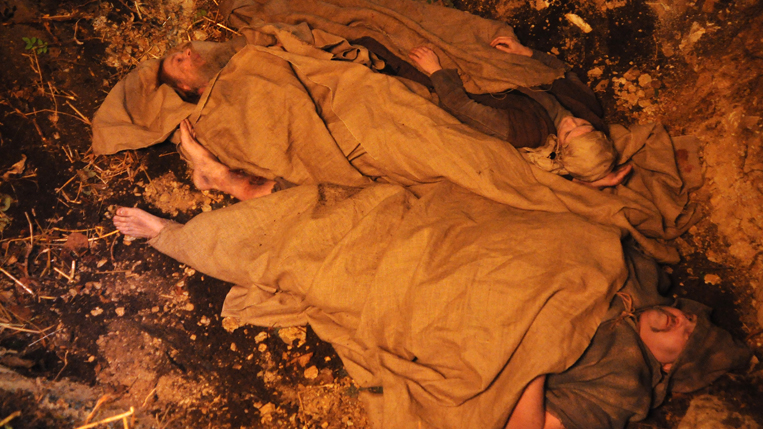
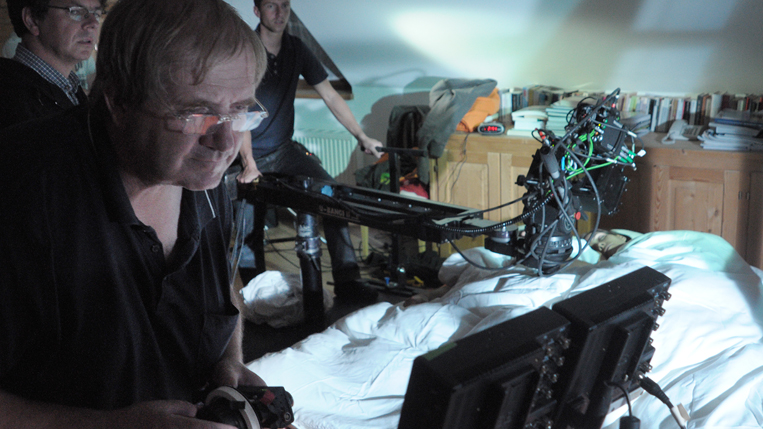
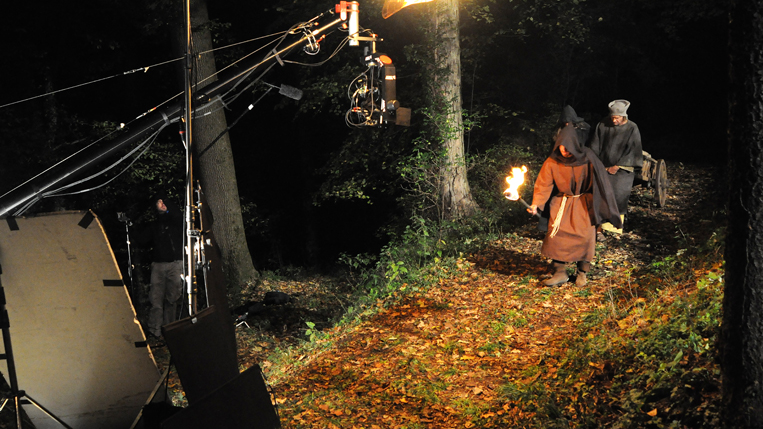
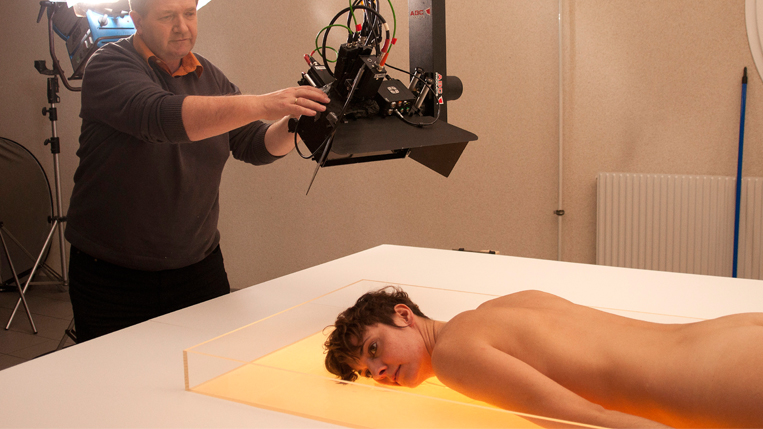
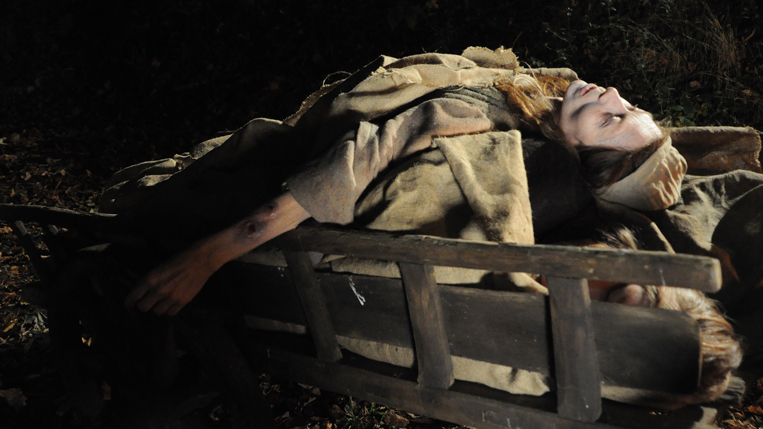
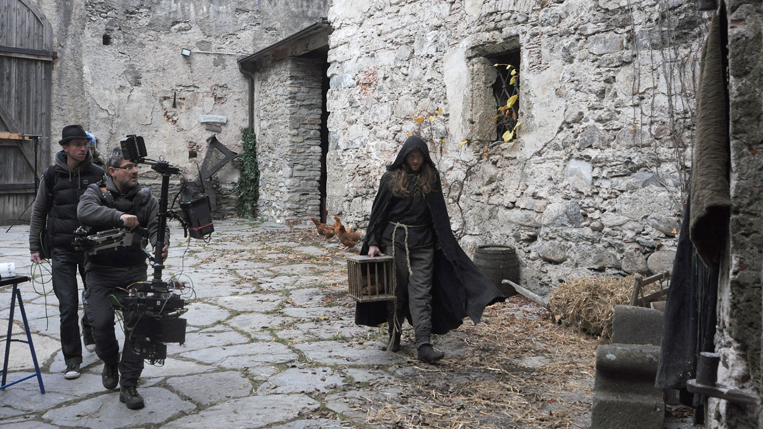
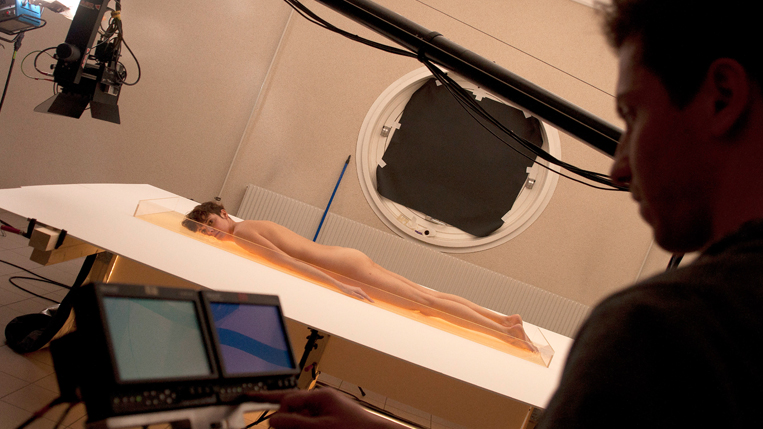
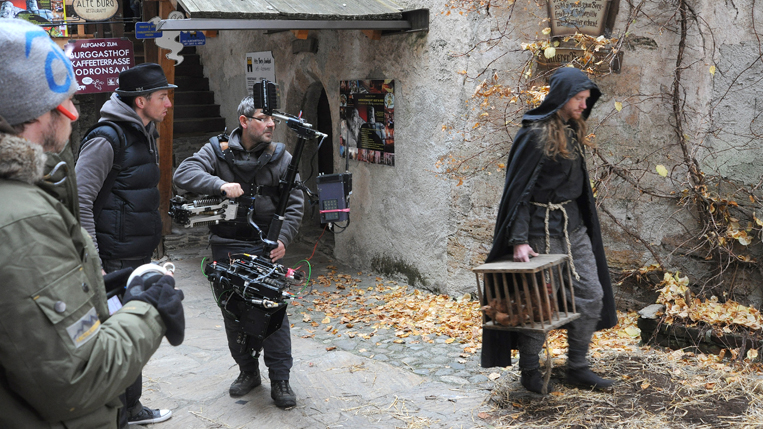
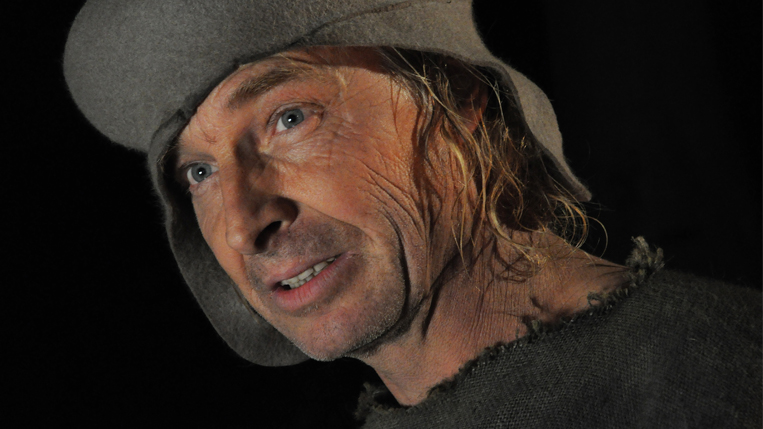
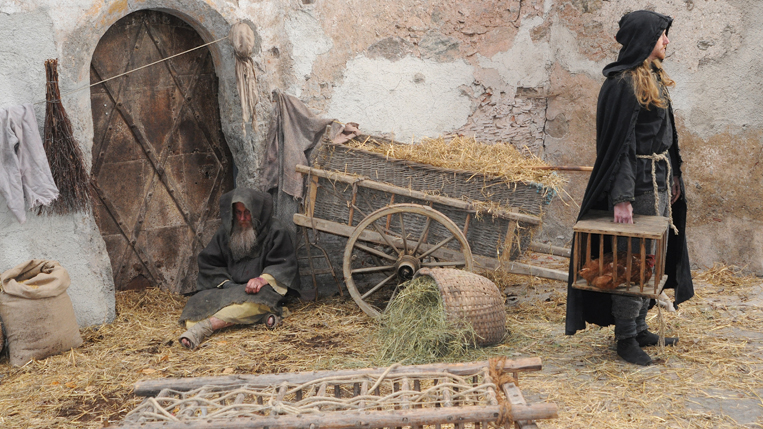
Written and Directed by
Martin Meszaros, Alfred Vendl
Sterographer
Johannes Pötscher
Additional Photography
Christopf Groppenberger, Hubert Doppler, Maximilian Dreihann-Holenia
Martin Faltenmaier
Digital Effects Electron Microsopy
Reinhold Fragner, Rudolf Erlach, Stefan Handschuh, Thomas Schwaha, Alfred Vendl
Computer Graphics by Industrial Motion Art
Reinhold Fragner
Camera Assistants, Light Department
Uwe Handlos, Raphael Urf, Bernhard Riener, Nikolaj Fogh Nielson,
Markus Kloiber, Paul Pichler, Günter Schinnerl, Oskar Ott, Lukas Kronsteiner
Jokl Haus
Editing
Stephan Silwester
Original Music
Steven Faux
Sound Design and Mix
Stefan P.Fiedler
Gerald Wallner
Colourist
Raimund Sivetz
Narrator
Sean Pertwee
Location Managers
Alexandra Herzog, dreiD.at
Producer, dreiD.at
Lukas Kogler
Line Producer, ORF
Aldo Metzelaar, Terra Mater
Executive Producer
Sabine Holzer, Terra Mater